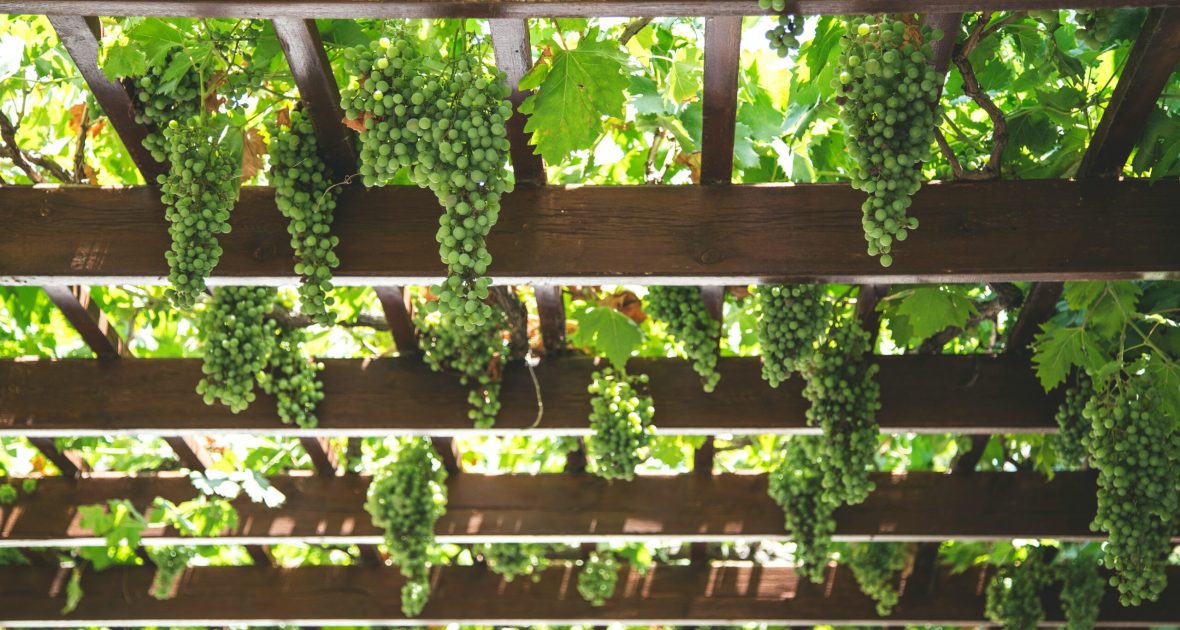
Karina Roe
Karina (she/her) as a wine educator and as our Events General Manager. She has her Diploma in WSET Wines & Spirits, and finds that her fridge is constantly occupied by bubbles, Riesling, and non-alcoholic beer. She and her partner share an adorable dog named Ziggy who loves eating sticks as much as she likes drinking bubbles.
We’ve all heard (and used) categorical language like “New World” and “Old World” when it comes to describing the kind of wines we like, with “Old World” largely referring to European wines and “New World” being used for countries like the United States, all of South America, Australia, New Zealand, and South Africa. While these terms are extremely fraught, we have a hard time breaking out of using them because they’re comfortable shorthand for the descriptive, esoteric (and exclusive/isolating) wine language we’re maybe less familiar with and less confident in using.
There are, of course, some “New World” (aka, non-European) regions that have a longer winemaking history than some European regions and frankly, the lines get pretty blurry when it comes to why wines taste different between those two categories. They’re just not the accurate descriptors they may have once been. But honestly, our wine drinking culture today is far less focused on using accurate wine descriptors and categories and much more interested in the story of a wine. We want to taste a little pizzazz, a little romance! Doesn’t your wine taste better when you know the name of the horse that plowed the vineyard rows?
But if we look beyond that western skyline (both literally and figuratively), there’s a wine story that’s far, far older than any European country. Marc Hochar of Chateau Musar in Lebanon purportedly coined the term “Ancient World” to bring that story back into the conversation. All the wine regions situated east of western Europe (or at least those that became aligned with the East after the fall of the Roman Empire) usually get conveniently forgotten when it comes to classic/traditional wine education. But where Europe’s winemaking began in earnest with the influence of the Roman Empire, these Ancient World regions were making wine thousands of years earlier than that.
So, what are we actually talking about with Ancient World wines? Greece and Lebanon can absolutely be included in that category, for starters. Greece had a huge viticultural influence on the Roman Empire and helped spread wine all throughout Europe, and modern-day Lebanon was once part of Phoenicia (and we all know how much the Phoenicians loved wine). But equally or more ancient are regions like the Republic of Georgia and Armenia. How old are we talking? There are archaeological records dating back over 8000 years and 6000 years, respectively.
The modern-day wines of these regions have benefited from the technological innovations of the 21st century, but the farmers and makers of these wines are fierce protectors of their heritage and champion their native varieties and ancient traditions. Use of qvevri and amphora for fermentation and aging vessels is not uncommon, nor are “orange wine” (or white grape skin contact) fermentations. Varieties like Rkatsiteli, Areni and Voskehat are cultural equivalents of what Pinot Grigio, Cabernet Sauvignon and Sauvignon Blanc are to the western world.
Our Ancient World Wine Bar Pop-Up on February 16 is the perfect opportunity to get acquainted with these varieties and techniques. These wines are deliciously approachable and thoughtfully made, yet perfectly unfamiliar and will invite you to spend a little more time with them. Join us to learn about their stories while you sip your way through ancient history.
Sneak Peek of featured Ancient World wines:
Chateau Musar ‘Levantine’ Red Blend
And then, mark your calendar for February 20th at Parkway Theater for a screening of the newest of the Somm movies, the highly-anticipated Cup of Salvation, presented by Twin Cities Somms! Click HERE for tickets and more information.
